Integrated Marketing Communications
Organisations use integrated marketing communications to help achieve a competitive advantage and meet their marketing objectives. This 6th edition of Integrated Marketing Communications emphasises digital and interactive marketing, the most dynamic and crucial components to a successful IMC campaign today. Incorporating the most up-to-date theories and practice, this text clearly explains and demonstrates how to best select and coordinate all of a brand’s marketing communications elements to effectively engage the target market. Conceptual framework models demonstrate the integration of theory and practice to help students to better understand the whole IMC process and concept connections. Chapters adopt an integrative approach to examine marketing communications from both a consumer’s and marketer’s perspective. Premium online teaching and learning tools are available on the MindTap platform. Learn more about the online tools cengage.com.au/mindtap
- ISBN 13 : 0170443000
- ISBN 10 : 9780170443005
- Judul : Integrated Marketing Communications
- Pengarang : Edwina Luck, Nigel Barker, Anne-Marie Sassenberg, Bill Chitty, Terence A. Shimp, J. Craig Andrews,
- Kategori : Business & Economics
- Penerbit : Cengage AU
- Bahasa : en
- Tahun : 2020
- Halaman : 62
- Google Book : http://books.google.co.id/books?id=sdsBEAAAQBAJ&dq=isbn:9780170443005&hl=&source=gbs_api
-
Ketersediaan :
This 6th edition of Integrated Marketing Communications emphasises digital and interactive marketing, the most dynamic and crucial components to a successful IMC campaign today.





